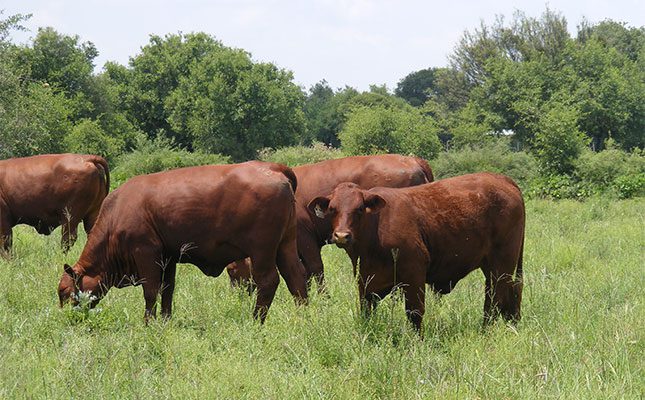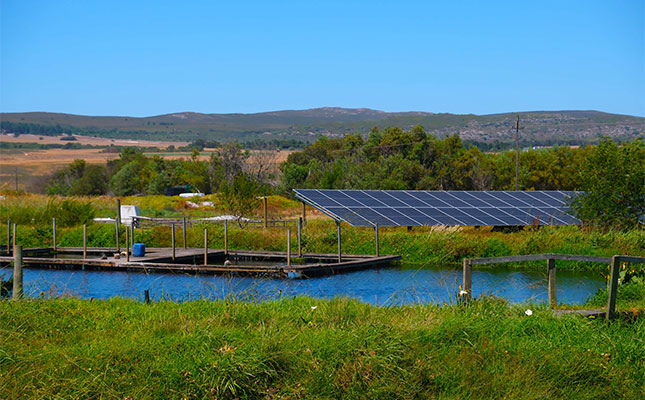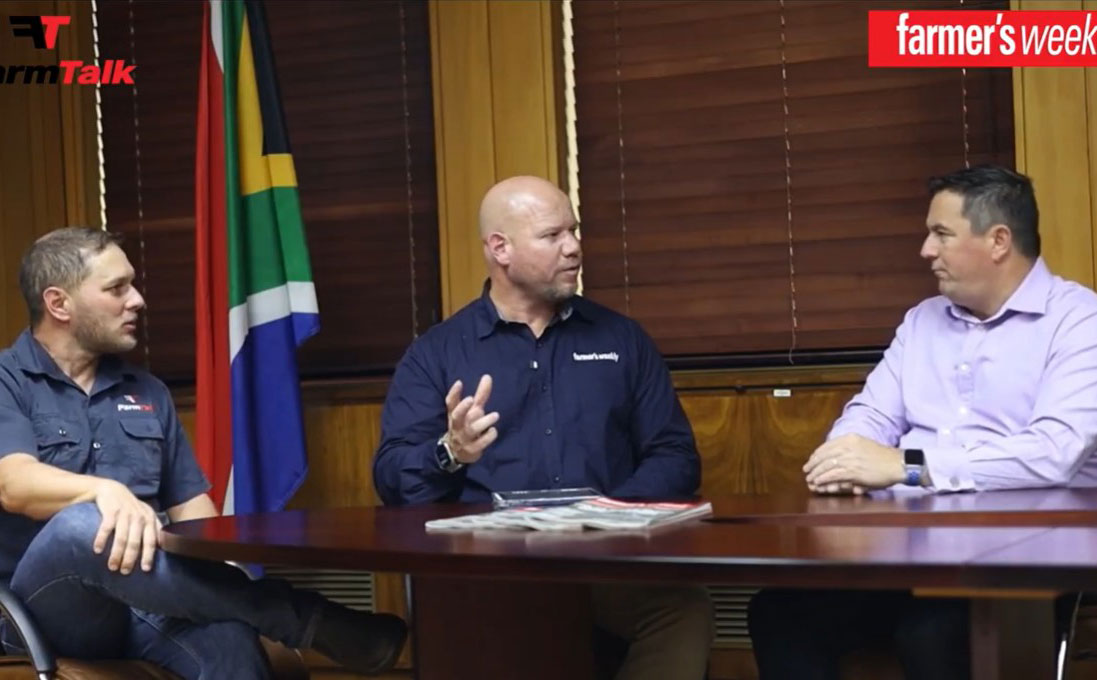
It was perfectly understandable that farmers in KwaZulu-Natal (KZN) were calling for a state of disaster to be declared in the province due to the impact of the foot-and-mouth disease (FMD) outbreak there on the livestock industry.
This was according to Dr Frikkie Maré, CEO of the Red Meat Producers’ Organisation (RPO).
He said livestock farmers in the KZN disease management area (DMA) were facing economic ruin.
“I totally understand the call for a disaster declaration. These farmers are not allowed to move their stock and there is almost no market access within the DMA. Economically, their throats are being cut,” he said.
Maré said he recently received a call from a farmer whom could not sell his weaners to raise funds to pay a medical specialist.
“This farmer is now being sued because he can’t pay the specialist. There are many other individual stories like this … [these farmers] are going under.”
The KwaZulu-Natal Agricultural Union (Kwanalu) said in a statement that provincial livestock commodity groups had collectively called on government to formally declare FMD a disaster. The livestock commodity groups involved include:
- South African Pork Producers’ Organisation;
- Milk Producers’ Organisation;
- KZN RPO;
- Wildlife Ranching South Africa; and the
- National Wool Growers’ Association.
Kwanalu along with senior management in these organisations were calling on Minister of Agriculture John Steenhuisen to support their request to have KZN declared a disaster area.
According to Kwanalu, affected areas in the province had been formally declared as DMAs in 2021, but the 2025 outbreak had spread beyond these areas necessitating an expansion of the DMA. It added, however, that the spread of FMD was continuing beyond these areas.
Kwanalu said a report to the World Organisation for Animal Health on 30 April 2025 that KZN had experienced 167 FMD outbreaks. Of these, 18 had been closed and 149 were still active, with numbers continuing to increase following the 2025 outbreak originating from the Amajuba District.
“Despite gazetted containment efforts, continued disease spread is largely due to uncontrolled livestock movements, particularly from communal herds.”
The union said the economic impact was “severe and far-reaching” and threatened both commercial and emerging farming operations.
Kwanalu CEO Sandy La Marque said the reality was that many small- to mid-sized agricultural operations faced closure.
“The broader picture is that a larger population of rural and commercial livestock farmers rely on local and international markets to survive. If we don’t get FMD under control, it will result in businesses closing, increasing unemployment and poverty for the many families that rely on this industry,” she said.
She said the situation had also eroded confidence in veterinary protocols and exposed gaps in systemic enforcement, administration, and management.
Karan Beef
The call comes on the back of an announcement this week by Karan Beef that it had suspended intake of weaners after detecting FMD at its main facility in Heidelberg, Gauteng.
Maré said the Karan Beef facility housed some 120 000 cattle, and purchased 40 000 to 50 000 weaners per month, slaughtering about 2 000 head of cattle per day. With Karan Beef stopping the purchasing of weaners, weaner prices were expected to drop, while carcass prices were expected to increase due to lower slaughter numbers.
He said the situation was serious, but added that there was no truth to rumours that other major feedlots had also detected FMD and would follow suit. He said there was tremendous uncertainty, but also said that once the shockwaves had passed, prices would stabilise and domestic supply would remain consistent.
He also emphasised that aside from China, there had been no further bans of beef exports.
“Many of our important export destinations already have FMD prevalence, or alternately do not have herds at risk, for example desert countries like Saudi Arabia or the UAE,” he said.
Maré said it was essential to assist farmers in KZN by creating markets for them, both within and outside of the DMA.
One mechanism the RPO had attempted was to enable low risk farms to undergo an audit that would enable them to participate on the market. Unfortunately, the 35-point assessment they had compiled in collaboration with the Ruminant Veterinary Association of South Africa had been expanded to 108 points by provincial government.
“It ends up costing the farmer in the region of R20 000 to R30 000 to comply with all criteria, and to my knowledge not one farmer has passed (based on the expanded audit criteria).”
He called for other similar solutions as a matter of urgency to aid desperate producers.
Government has cautioned against calls for a provincial state of disaster as this could in turn have unintended consequences for all livestock producers and markets in the province. Deputy Director General for Animal Health Dipepeneneng Serage told Farmer’s Weekly that the DMAs already in place could be described as a mini state of disaster having been declared.
“If we turn that into a state of provincial disaster it means not only some areas but the entire broader areas of KZN will be affected.”
Serage said government understood the plight of those affected by management protocols but said the DMAs were unfortunately necessary to contain the outbreak.
“The solution at the moment is to contain the disease and make sure that infected animals do not further spread the virus.”
He said government was also investing a lot of money in buying vaccines and vaccinating animals. He also called on livestock producers to play their part by observing and adhering to biosecurity measures.
Get trusted farming news from Farmers Weekly in Google Top Stories.
➕ Add Farmers Weekly to Google ✔ Takes 10 seconds · ✔ Remove anytime










